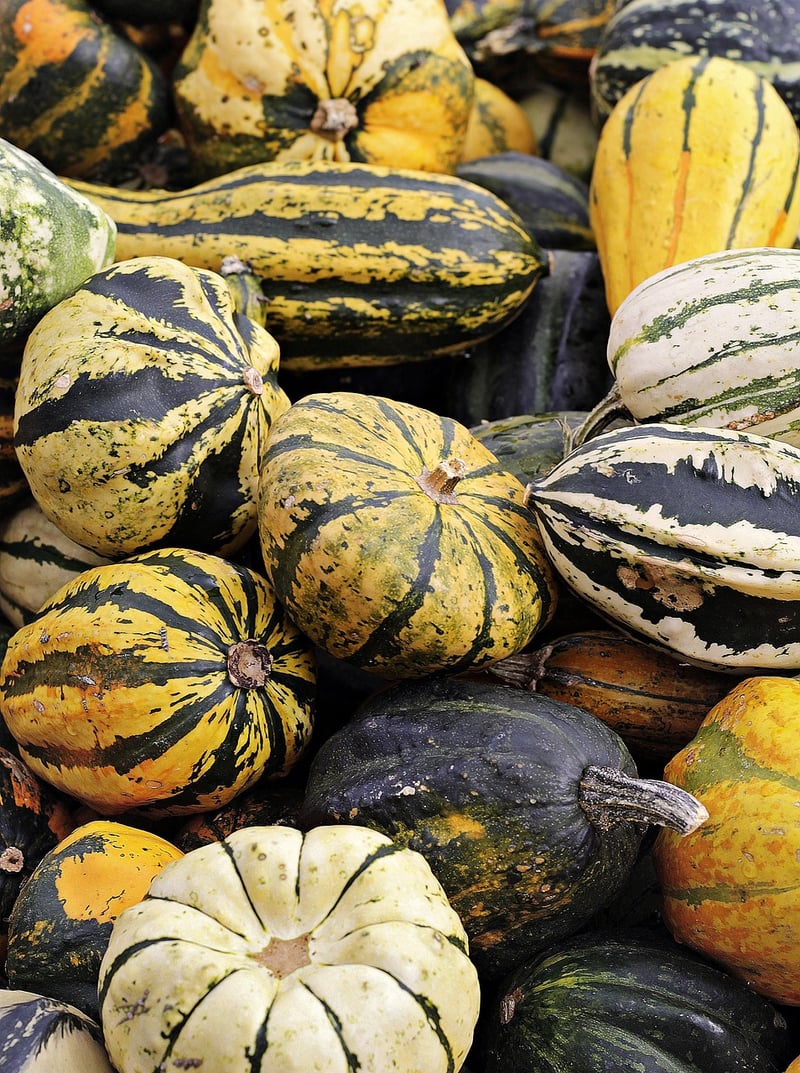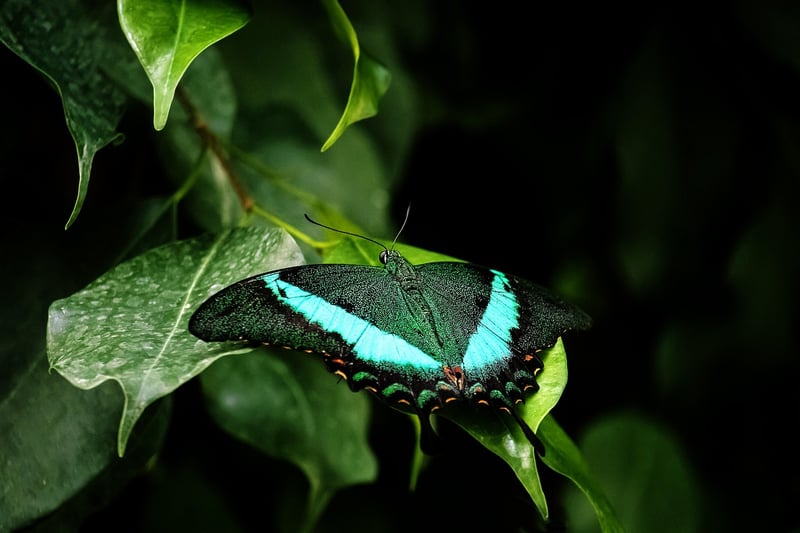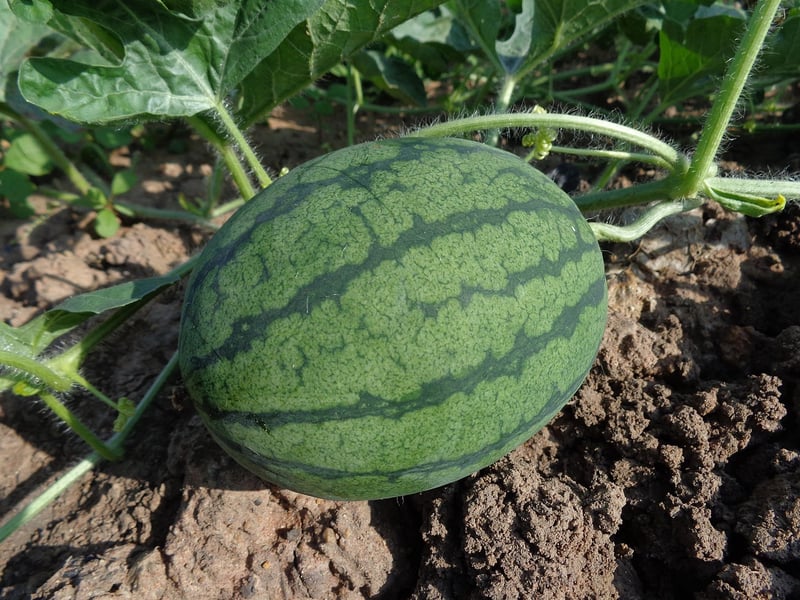Monitoring Soil Moisture
Efficient Watering Techniques for Vertical Gardens + Monitoring Soil Moisture
Introduction
Vertical gardens are a fantastic way to bring greenery into small spaces or add a touch of nature to urban environments. However, maintaining these gardens can be a challenge, especially when it comes to watering. In this article, we will explore efficient watering techniques for vertical gardens and the importance of monitoring soil moisture.
1. Drip Irrigation System
One of the most efficient ways to water a vertical garden is through a drip irrigation system. This system delivers water directly to the roots of the plants, minimizing water waste through evaporation and runoff. It also allows for precise control over the amount of water each plant receives.

2. Self-Watering Planters
Self-watering planters are another excellent option for vertical gardens. These planters have a reservoir at the bottom that automatically waters the plants as needed. They help maintain consistent moisture levels in the soil, reducing the risk of over or under-watering.

3. Moisture Sensors
Using moisture sensors in your vertical garden can help you keep track of the soil moisture levels. These sensors can be placed in the soil and will alert you when it's time to water the plants. This technology takes the guesswork out of watering and ensures that your plants receive the right amount of moisture.

4. Mulching
Applying a layer of mulch to the soil in your vertical garden can help retain moisture and reduce water evaporation. Mulch also helps regulate soil temperature and suppresses weed growth, creating a healthier environment for your plants.
5. Regular Monitoring
It's essential to regularly monitor the soil moisture levels in your vertical garden to ensure that your plants are thriving. Check the soil by inserting your finger into it; if it feels dry, it's time to water. Different plants have varying water requirements, so pay attention to individual needs.
Conclusion
By implementing efficient watering techniques such as drip irrigation systems, self-watering planters, moisture sensors, and mulching, and maintaining regular soil moisture monitoring, you can keep your vertical garden healthy and thriving. With proper care and attention, your vertical garden will be a beautiful and sustainable addition to any space.
